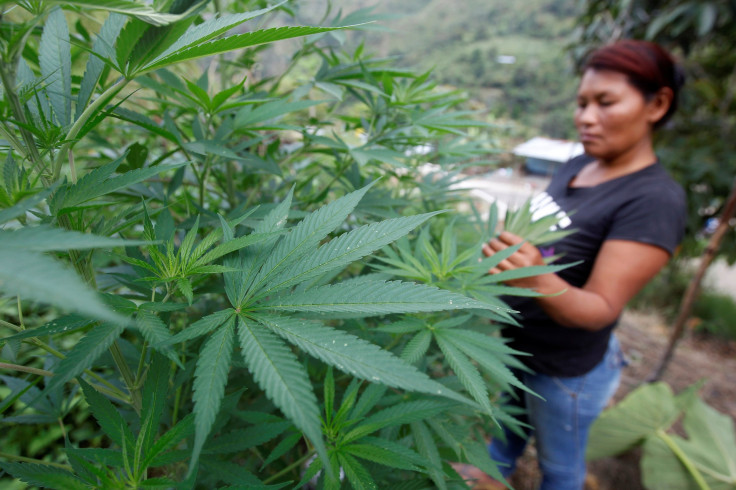US researchers find cannabis legalisation laws reduce prescription drug use; Medical marijuana laws save Medicare millions of dollars

Marijuana legalisation may have had a positive impact with a reduction in prescription drug use among the disabled and the elderly, a new US study has revealed. Savings from reduced prescription drug use in areas where cannabis is legal was approximately US$165.2 million (AU$217 million) over the full year. If all states had legalised the use of medicinal cannabis, the US could have made savings of US$468 million (AU$614 million) to Medicare.
“Generally, we found that when a medical marijuana law went into effect, prescribing for FDA-approved prescription drugs under Medicare Part D fell substantially ... Ultimately, we estimated that nationally the Medicare program and its enrollers spent around US$165.2 million less in 2013 as a result of changed prescribing behaviours induced by … jurisdictions that had legalized medical marijuana,” the experts said in the study, published in Health Affairs.
In states where medicinal cannabis is still illegal, it is classified as “Schedule 1” drug under the Controlled Substance Act. This means that the federal government identifies marijuana as a drug with no medical benefits and having a high abuse potential.
Experts at the University of Georgia analysed the relationship between physicians’ prescribing patterns in 17 states and medical marijuana legalisation laws from 2010-2013. The researchers assessed patients’ spending on and consumption of prescription drugs approved under Medicare Part D in nine domains. The domains were sleep disorders, seizures, psychosis, spasticity, glaucoma, pain, nausea, depression and anxiety.
The researchers were surprised to find that prescription drug use fell significantly in seven of the nine domains analysed.
“Our findings and existing clinical literature imply that patients respond to medical marijuana legislation as if there are clinical benefits to the drug, which adds to the growing body of evidence suggesting that the Schedule I status of marijuana is outdated,” the researchers concluded.
Legalisation of medicinal cannabis in the US encouraged more people to seek treatment. The researchers found indication that where marijuana is legal, people were using it more to treat their ailments. They were not using it just for recreation, writes Science World Report.






